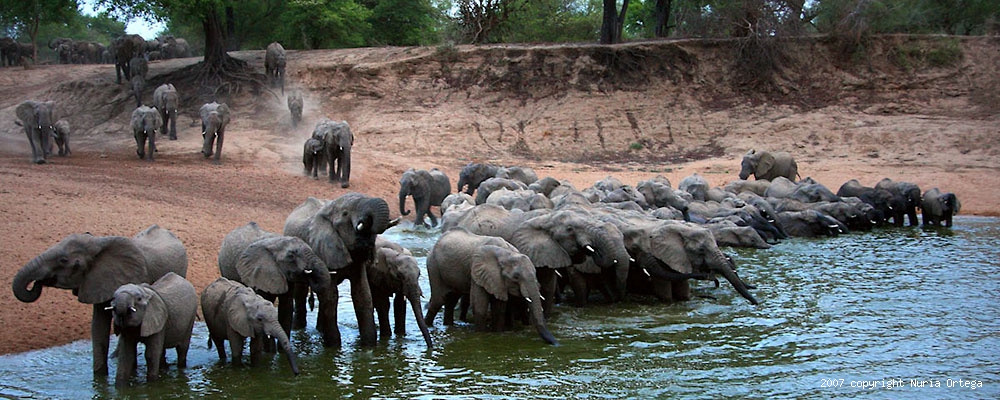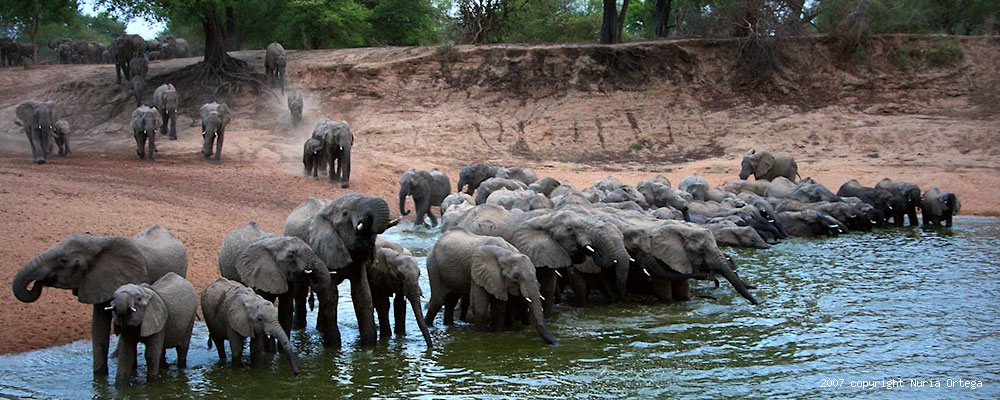
The on-going emergence of Malawi’s wildlife received another great boost in 2015 with African Parks taking over the management of two more of the country’s reserves – Liwonde National Park and Nkhotakota Wildlife Reserve.
African Parks is a non-profit organisation that takes on total responsibility for the rehabilitation and long-term management of national parks and protected areas in partnership with governments and local communities. In one of the great conservation success stories, African Parks has already transformed Malawi’s Majete Wildlife Reserve from a neglected, rarely visited reserve of few animals to a thrilling Big 5 destination.
Liwonde National Park, located in the southern Malawi is 548 sqkm in size and consists of woodland, floodplains, grasslands, and lagoon. It supports the largest remaining population of elephants in the country as well as one of two populations of black rhino. Other mammal species include: hippo, hyena, buffalo, warthog, several antelope species and more than 400 bird species. The new management of Liwonde hopes to restock locally extinct species, improve road networks, and increase park security.
Nkhotakota Wildlife Reserve, located in the central region of Malawi is 1,800 sqkm in size, lying within the miombo woodland zone. It is a major catchment area for Lake Malawi. Although a depleted park, it still has remnant populations of elephant, warthog, baboon, and various antelope species as well as 280 bird species. Well managed, it has the potential to become an important area for elephant conservation in Malawi. Black rhino, lion, cheetah and wild dog once existed but are now all locally extinct. The new management hopes to translocate a large amound of wildlife including more than 400 elephants, create 150km of access roads, initiate community projects, and improve general park infrastructure.
Through the ambitious five-year plan and an investment of $18 million, African Parks and its key partners hopes to restore the biodiversity of both Liwonde and Nkhotakota to enhance the tourism product and experience, reduce the extensive human-wildlife conflict, and ensure the sustainable use of natural resources in order to contribute to the socio-economic development of local communities in the areas.

